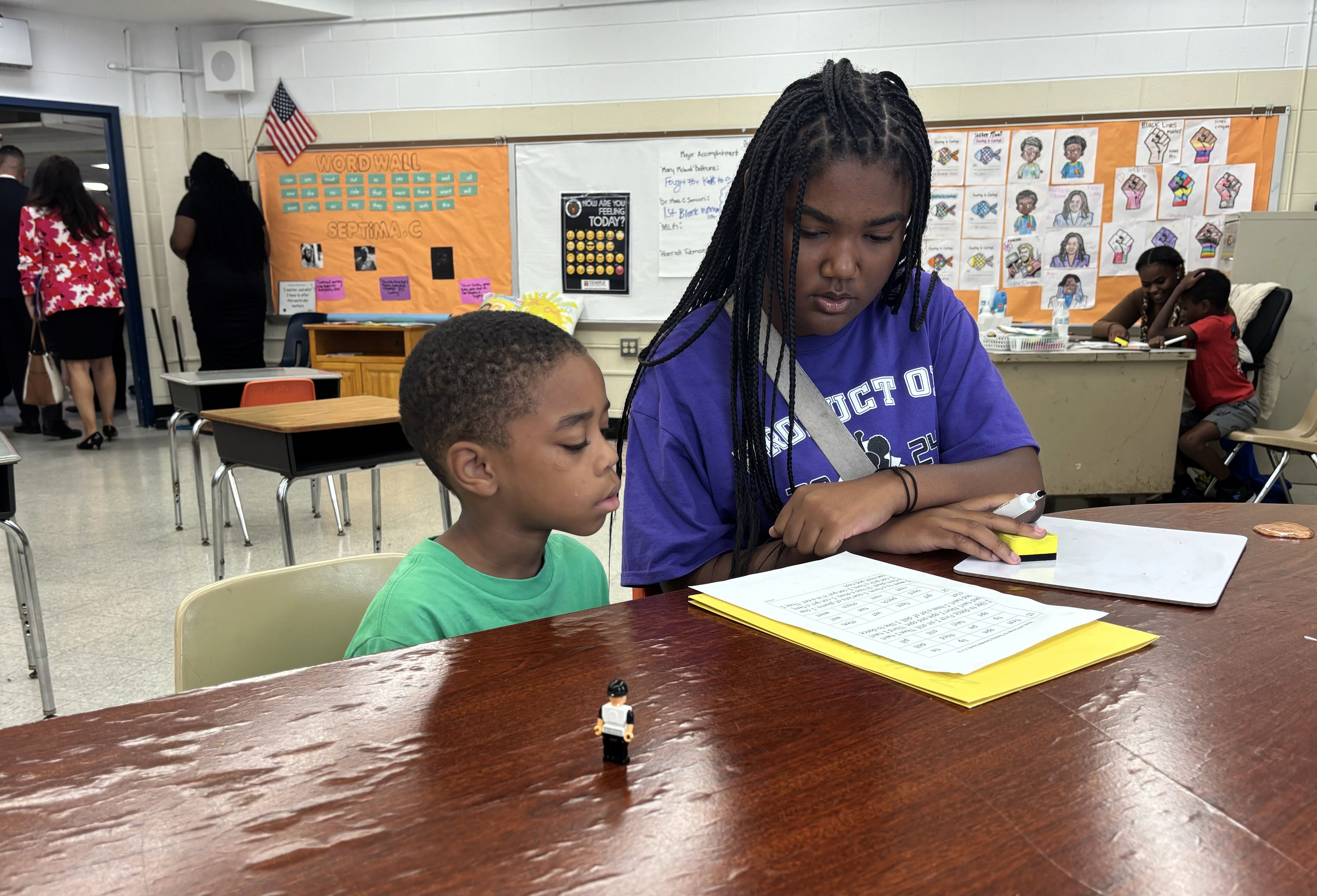Bridging Academic Knowledge and Practical Skills for Sustainable Career Success
Bridging the gap between academic knowledge and practical skills is essential for career success and aligns with the United Nations Sustainable Development Goal (SDG) 4: Quality Education. Applying classroom learning to real-world challenges enhances decision-making abilities and meaningful workplace contributions.
Employers today prioritize professionals who demonstrate critical thinking, problem-solving, and adaptability, supporting SDG 8: Decent Work and Economic Growth. Gaining hands-on experience during studies prepares students not only for immediate employment but also for long-term personal and professional development.
Bridging Academia and Industry
Overview of Academic Preparation
Academic programs are designed to integrate theoretical knowledge with practical applications, addressing industry needs and promoting SDG 9: Industry, Innovation, and Infrastructure. For example:
- Engineering programs emphasize mathematics, physics, and laboratory work to prepare students for problem-solving in aerospace, civil infrastructure, and technology development.
- Business programs incorporate case studies, market simulations, and data analytics to develop skills essential for corporate decision-making and economic strategy.
These specialized educational structures ensure graduates possess both foundational knowledge and industry-relevant expertise.
Industry Expectations
The modern workforce demands not only technical expertise but also adaptability, critical thinking, and collaboration, reflecting SDG 8. Experiential learning opportunities such as internships and industry partnerships are increasingly vital as academic institutions strive to equip graduates with both technical competencies and real-world acumen.
“A survey of Fortune 500 CEOs revealed that 75% of long-term job success depends on people (soft) skills, while only 25% depends on technical knowledge (hard skills), according to Stanford Research Institute International and the Carnegie Mellon Foundation. Additionally, a 2023 survey by the National Association of Colleges and Employers showed that 96% of employers rated communication as the most important competency. Bethel’s academics prepare students well for technical challenges and develop communication skills through discussions, reflection, group projects, presentations, and internships.”
— Stan Thompson GS’21, Bethel’s Director of Vocation, Pathways, and Partnerships
Collaborations and Partnerships
Universities enhance curriculum relevance and student preparedness through partnerships and co-op programs, supporting SDG 17: Partnerships for the Goals. Examples include:
- Collaborations with tech companies to co-develop computer science curricula.
- Partnerships with local organizations to provide ministry internship opportunities.
- Agreements with businesses allowing students to alternate between full-time work and academic study.
At Bethel, a journalism writing class partnered with an online nonprofit news organization, enabling students to work directly with editors and publish real-life profiles and news stories.
The Importance of Hands-On Experience in College
Defining Hands-On Experience
Hands-on experience encompasses diverse opportunities to apply academic learning practically, including:
- Researching with professors
- Conducting laboratory work
- Tutoring and volunteering
- Participating in internships
Benefits of Practical Experiences
- Refine personal interests, strengths, and weaknesses to guide major and career choices.
- Gain real-world experience to develop specialized industry skills.
- Enhance soft skills such as communication, problem-solving, collaboration, and adaptability, aligning with SDG 8.
- Increase opportunities for full-time employment post-graduation.
“Employers regularly seek Bethel students as interns and employees due to their quality work. One employer requested, ‘Send me 10 more just like her!’ demonstrating the high caliber of our students and graduates.”
— Stan Thompson GS’21, Bethel’s Director of Vocation, Pathways, and Partnerships
Realizing Your Major’s Potential
Practical Application of Academic Knowledge
Your major offers opportunities to apply specialized knowledge and develop critical thinking, problem-solving, and adaptability—skills valued across industries and contributing to SDG 4 and SDG 8. For instance, an internship in marketing can provide transferable skills beneficial in various career paths.
Success Stories
- Journalism: Talia McWright interned at The St. Paul Pioneer Press, gaining mentorship and practical experience that led to a full-time job offer.
- Communication Studies: Eli Santelman interned with multiple sports teams and is transitioning into a corporate marketing career.
- Chemistry and Biochemistry: Kailey Soller engaged in lab research and internships, leading to graduate studies and a managerial role in clinical diagnostics.
“My internship allowed me to explore reporting deeply and build strong professional relationships, applying their wisdom to my experience.”
— Talia McWright ’24
“Internships helped me clarify my career goals and recognize my value with a Bethel education.”
— Eli Santelman ’25
“Research at Bethel prepared me well for graduate school and taught me resilience in experimentation.”
— Kailey Soller ’11
Engage with Career Services
Students at all levels can take proactive steps to gain hands-on experiences, supporting SDG 4 and SDG 8. Recommended actions include:
- Utilize your school’s career development office for personalized support in finding internships, resume building, and interview preparation.
- Consult academic advisors and professors who have connections to organizations offering internships and research opportunities.
- Leverage alumni networks through events, career fairs, and panels to connect with potential employers.
- Use online platforms such as Indeed, LinkedIn, and Handshake to search for internships, part-time jobs, and networking events.
“Bethel’s Office of Career Development and Calling supports students from day one, helping them discover interests, select majors, prepare resumes, find internships, practice interviews, and connect with alumni to ensure successful career launches.”
— Stan Thompson GS’21, Bethel’s Director of Vocation, Pathways, and Partnerships
At Bethel, students are encouraged to integrate their values, faith, and knowledge through hands-on experiences, linking learning to future careers and fostering sustainable personal and professional success. Explore Bethel’s Office of Career Development and Calling for more information.
1. Sustainable Development Goals (SDGs) Addressed or Connected
- SDG 4: Quality Education
- The article emphasizes bridging academic knowledge with practical skills, experiential learning, internships, and partnerships to enhance education quality and relevance.
- SDG 8: Decent Work and Economic Growth
- Focus on preparing students for career success, employability, and long-term professional growth aligns with promoting sustained, inclusive economic growth and productive employment.
- SDG 17: Partnerships for the Goals
- The article highlights collaborations between universities and industries, nonprofits, and other organizations to co-develop curricula and provide real-world experience.
2. Specific Targets Under the Identified SDGs
- SDG 4: Quality Education
- Target 4.3: Ensure equal access for all women and men to affordable and quality technical, vocational, and tertiary education, including university.
- Target 4.4: Increase the number of youth and adults who have relevant skills, including technical and vocational skills, for employment, decent jobs, and entrepreneurship.
- SDG 8: Decent Work and Economic Growth
- Target 8.6: Reduce the proportion of youth not in employment, education, or training.
- Target 8.5: Achieve full and productive employment and decent work for all women and men, including young people.
- SDG 17: Partnerships for the Goals
- Target 17.16: Enhance the global partnership for sustainable development, complemented by multi-stakeholder partnerships that mobilize and share knowledge, expertise, technology, and financial resources.
3. Indicators Mentioned or Implied to Measure Progress
- SDG 4 Indicators
- Proportion of youth and adults with relevant skills for employment (related to Target 4.4) – implied through emphasis on hands-on experience, internships, and skills development.
- Enrollment rates in tertiary education and vocational training – implied by the discussion of academic programs aligned with industry needs.
- SDG 8 Indicators
- Proportion of youth not in employment, education, or training (NEET rate) – implied by the focus on internships leading to employment.
- Employment rate of graduates – implied through success stories of students securing jobs after internships.
- SDG 17 Indicators
- Number and quality of partnerships between educational institutions and industries – implied by examples of collaborations and co-op programs.
4. Table of SDGs, Targets, and Indicators
| SDGs | Targets | Indicators |
|---|---|---|
| SDG 4: Quality Education |
|
|
| SDG 8: Decent Work and Economic Growth |
|
|
| SDG 17: Partnerships for the Goals |
|
|
Source: bethel.edu







